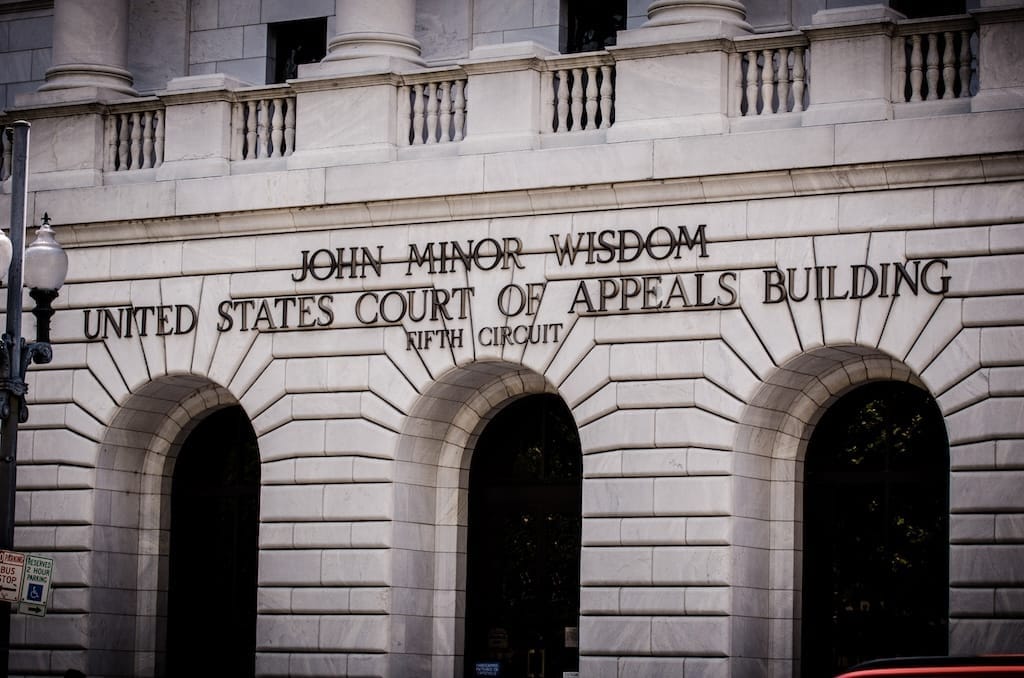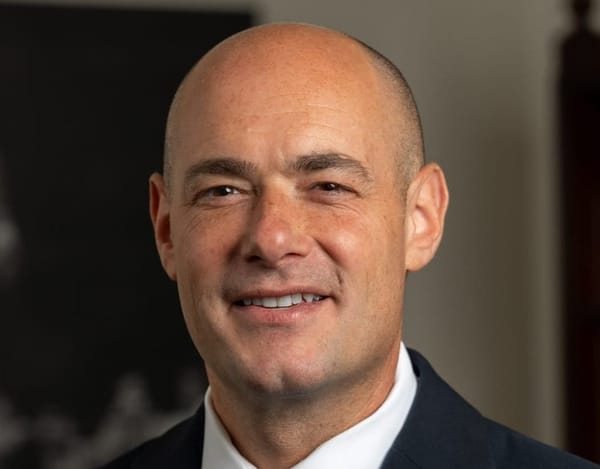Fifth Circuit Rules USF Unconstitutional
The decision creates a split with other circuits, making an appeal to the Supreme Court likely.
Jake Neenan

WASHINGTON, July 24, 2024 – The U.S. Court of Appeals for the Fifth Circuit in New Orleans ruled on Wednesday that an annual $8 billion broadband subsidy program was unconstitutional.
The decision created a split with the Sixth and Eleventh circuits, both of which upheld the legality of the Federal Communications Commission’s Universal Service Fund, making it likely the agency will ask the Supreme Court to step in.
The challengers to the fund, a conservative group called Consumers’ Research, had previously asked the high court to review the other circuit decisions, but the justices declined in June.
The Fifth Circuit’s 9-7 decision also reversed an earlier Fifth Circuit panel decision from early 2023. The court agreed later that year to rehear the case with a full panel of judges.
“This decision is misguided and wrong. It upends decades of bipartisan support for FCC programs that help communications reach the most rural and least-connected households in our country, as well as hospitals, schools, and libraries nationwide,” FCC Chairwoman Jessica Rosenworcel said in a statement. “The opinion reflects a lack of understanding of the statutory scheme that helped create the world’s best and most far-reaching communications network. We will pursue all available avenues for review.”
The USF is funded by fees on telecommunications providers, and managed by the Universal Service Administrative Company, the separate entity the FCC set up to handle the fund. It supports subsidy programs that fund rural broadband infrastructure and internet discounts for schools, libraries, healthcare centers, and low-income households.
Consumers’ Research has argued that Congress didn’t set out enough of an “intelligible principle” in its 1996 Telecommunications Act for the agency to follow in managing the fund, and that the FCC improperly delegated its authority by handing duties over to USAC.
Fifth Circuit judges didn’t rule on either question specifically, but found that the combination of those two factors violated the constitution by putting the ability to levy taxes outside the legislative branch.
“We are highly skeptical that the contribution factor before us comports with the bar on congressional delegations of legislative power. And we are similarly skeptical that it comports with the general rule that private entities may not wield governmental power, especially not without express and unambiguous congressional authorization,” the court wrote. “But we need not resolve either question in this case. That is because the combination of Congress’s sweeping delegation to FCC and FCC’s unauthorized subdelegation to USAC violates the Legislative Vesting Clause in Article I, § 1.”
The decision remands the proceeding, in which Consumers’ Research asked the agency to review its USF contribution factor, back to the FCC.
Blair Levin from New Street Research wrote in an investor note that this will likely lead to the status quo remaining in effect until a likely Supreme Court ruling.
A bipartisan group of lawmakers from both chambers of Congress has been working for more than a year to craft legislation to reform the fund as voice revenue continues to shrink, but deciding who exactly should make up a new contribution base has taken time.
The task could be complicated by the recent Supreme Court decision in Loper Bright Enterprises v. Raimondo, which makes it easier for courts to toss out agency interpretations of ambiguities in the law.
The Fifth Circuit judges who dissented said the majority should have followed the analysis laid out by the Sixth and Eleventh circuits.
“The majority finds neither an unconstitutional delegation of legislative power nor an unconstitutional exercise of government power by a private entity. Supreme Court precedent dictates these answers, which is why every other circuit to consider these questions stopped there and the Supreme Court denied petitions for review of those decisions,” Judge Stephen Higginson wrote in one of two dissents. “But our court does not stop there, going beyond even petitioners’ arguments to adopt a novel theory that it is ‘the combination’ of these two non-violations that ‘violates the Legislative Vesting Clause in Article I, § 1.’”
Levin wrote that he thinks the Supreme Court will ultimately side with the FCC, noting that it has nixed other Fifth Circuit decisions that would have upended existing precedent.








Member discussion